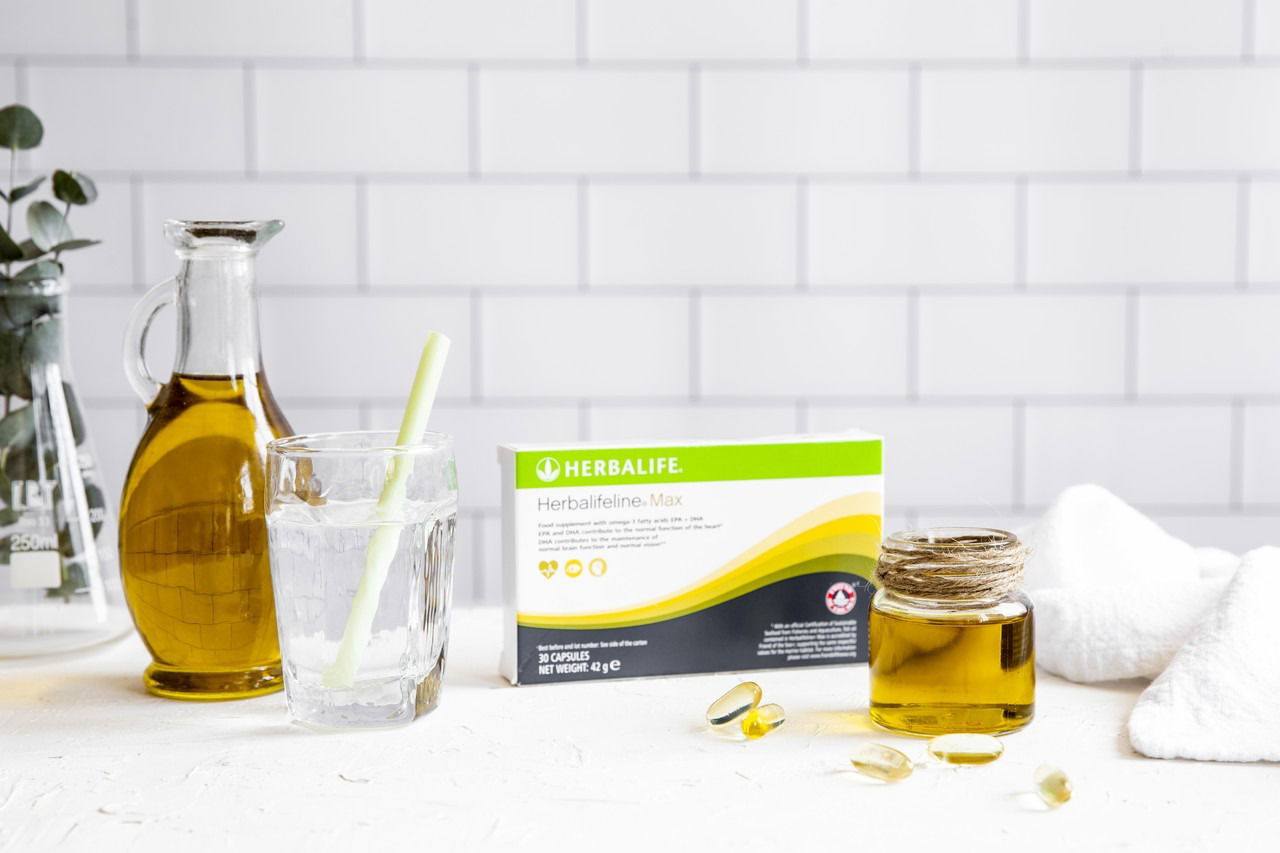
Heart health is very important to humans, but many forget it. Let's look at what are the prevailing trends for a healthy heart today to keep it in good shape
How to take care of your heart?
The relationship between nutrition and heart health has been known for so long that we all know what to do: watch our weight, watch our total intake of fat and not consume too much saturated fat, keep track of the amount of salt we consume. and choose foods high in fiber, such as beans and oats.
These tips are, of course, very good, but equally important is the balance of fatty acids.
In the old days, medical advice on dietary fats was limited to the well-known dipole: saturated fats do bad and polyunsaturated good.
But nowadays, things are more complex. The reason is the growing concern that our diet is not characterized by a proper balance of omega-3 and omega-6 fats, which can adversely affect our health.1
The general misconception that omega-3s are good and omega-6s bad is not true, since neither are nor are they "evil" in nature.
There is a reason they are called essential fatty acids, which is that our body cannot produce them, so we only get them from the foods we consume. In small quantities, essential fatty acids perform important functions in our body, such as supporting blood circulation, vision and brain function.2
The problem is that (as a rule) we consume too much omega-6 and not enough omega-3s.
The modern diet is full of omega-6s: potato chips, salad dressing, sweets, puff pastry etc. while eating omega-3 rich foods such as fish, vegetables, nuts and flaxseed, is limited.
One of the best ways to increase your intake of omega-3s is to eat more fish meal a week to increase your EPA (docosipanoic acid) and DHA (docosahexaenoic acid) levels. These fatty acids found in fish are healthy and contribute to the normal functioning of the heart.3
However, many do not consume enough fish meal per week. Fresh fish are the best, but even canned fish are an easy and convenient solution! If you do not like fish, you can also take fish oil supplements (but remember that dietary supplements should not be used as a substitute for a balanced diet).
Which foods improve heart health
- Add more fruits, vegetables, whole grains and beans to your diet that are rich in vitamins, minerals, fiber and antioxidants
- Keep total fat and saturated fat intake in check by eating healthy low-fat proteins
- Consume foods high in unsaturated fatty acids, such as fish, nuts, avocado and olive oil
- Choose low-fat or low-fat dairy products, chicken breast, red fat-free meat, and sources of vegetable protein, such as beans, lentils and tofu
- Limit extra fat, e.g. reducing dressings, scraps, sauces and fries
- Avoid highly processed foods
- Eat foods rich in fiber (sweet potatoes, forest fruits, prunes, broccoli and carrots) 4
- The heart is not just a symbol of the love we cherish for others. Remember to take care of the heart that matters most: yours!
Product - Suggestion: Herbalifeline Max®
A dietary supplement containing fish oils from sustainable sources of high omega-3 fatty acids (EPA and DHA). Higher levels of EPA and DHA per capsule † that benefit the heart5, eyesight6 and brain6 with 5 basic health claims and new fish oil from sustainable sources accredited by Friend of the Sea10. It has 30 capsules of 42g 9g , which is suitable for vegetarians. EPA and DHA help maintain normal heart function5 as well as maintain normal triglyceride levels7 and normal blood pressure8 DHA helps maintain normal function th brain and normal orasis.7
For a few things in life one can be as sure as this:
heart and health are priceless!
- European Food Safety Authority (EFSA), EFSA Journal 2011; 9 (4): 2078
- European Food Safety Authority (EFSA), EFSA Journal 2010, 8 (10): 1796 and EFSA, EFSA Journal 2011; 9 (4): 20783.
- European Food Safety Authority (EFSA), EFSA Journal 2011; 9 (4): 2078, EFSA, EFSA Journal 2010; 8 (10): 1796, EFSA, EFSA Journal 2011; 9 (4): 2078.
- European Food Safety Authority (EFSA), EFSA Journal 2009; 7 (9): 1254, EFSA, EFSA Journal 2011; 9 (6): 2207
- The beneficial effect is achieved by daily intake of 250mg EPA and DHA.
- Beneficial results are achieved by daily intake of 250mg DHA.
- The beneficial effect is achieved by daily intake of 2g EPA and DHA
- The beneficial effect is achieved by daily intake of 3g EPA and DHA.
- Do not exceed the daily intake of 5g EPA and DHA in combination.
- For more information, please visit the website
FRIENDOFTHESEA.ORG



